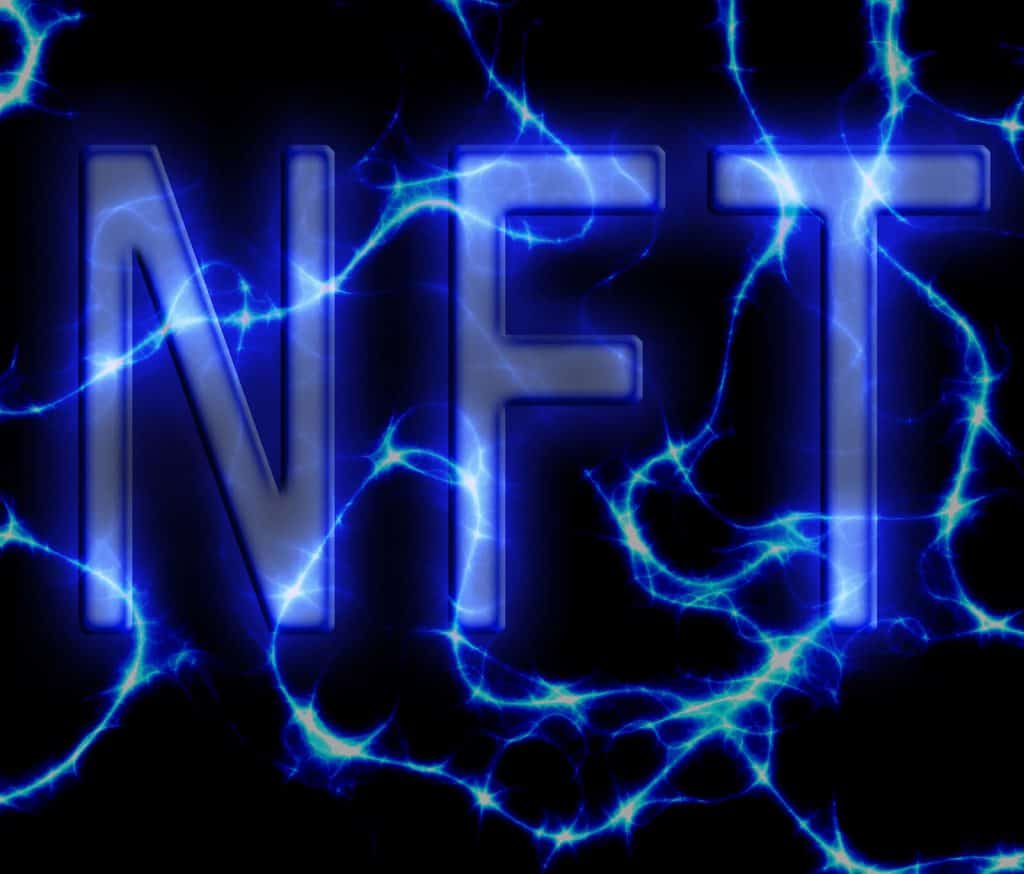Ever since Cryptokitties exploded onto the hacker scene four years ago, companies have been racing to develop desirable non-fungible tokens (NFTs) in the form of art, sports memorabilia, and even Tweets. However, because NFTs are inherently unique, increasing their scarcity to increase value is not an option, as it is with crypto coins. Ergo the emergence of utility NFTs, aka uNFTs or NFTs 2.0 (or simply utility tokens), whose value is tied to an underlying utility or application. Unlike cryptocurrencies, which were originally marketed as stores of value, utility tokens are meant to be used regularly as a means to other ends. And there are many!
Table of Contents
ToggleDuring their short time on the blockchain, utility tokens have already enhanced user experiences, particularly in engagement. They’ve been most popular in fantasy sports, gambling, and gaming, as well as on social media and within virtual communities. While many uNFTs have focused on “play-to-earn” because of its ability to generate passive, real-world income, others have found purpose in their redeemability for other NFTs, their interoperability across platforms, their ability to provide access to VIP events and experiences, and even their ability to breed–virtually, of course!
The metaverse is not enough.
Now, utilized NFT technologies are on the cusp of transforming media-licensed content such as movies and books, and sooner than you might think. Devirtualization may sound fantastical, but the development of real-world applications of utility tokens would not be the first time that art was transformed from the abstract to the physical or the virtual to the real. That life imitates art has been an accepted maxim for centuries. If anything, utility tokens will simply increase the speed at which this happens.
For example, movie, ebook, and music licenses could soon be based on NFTs. Because they are automatically distributed across a community and live on a shared ledger, the sale of these licenses would be more democratic, more efficient, and more secure than their physical (or digital) counterparts. If you needed to validate that a broadcaster or streamer owned a particular license, for example, all you’d have to do is check the ledger.
The emergence of such uNFTs has particularly enormous implications for those who sign exclusive deals for content only to see the same intellectual property streamed on other sites. Attaching licenses to NFTs would also be beneficial for small studios and even individual artists, who might find the cost of hiring an aggregator, agent, or lawyer prohibitive. The utility token doesn’t just replace the licensing contract, it is the license.
Best of all, the studio or artist (or developer) would receive the royalty directly, without expensive offsets to agents, managers, lawyers, or publishing companies. And, of course, the process is 100% transparent.
It is perhaps ironic that cryptocurrencies, which were originally envisioned as frictionless payment systems and store of values, have often proved to be neither, while uNFTs now promise to increase the efficiencies of many tasks, virtual or real-world. Bitcoin and Ethereum may have opened the world’s eyes to the blockchain’s potential, but utility tokens will fulfill its promise.





